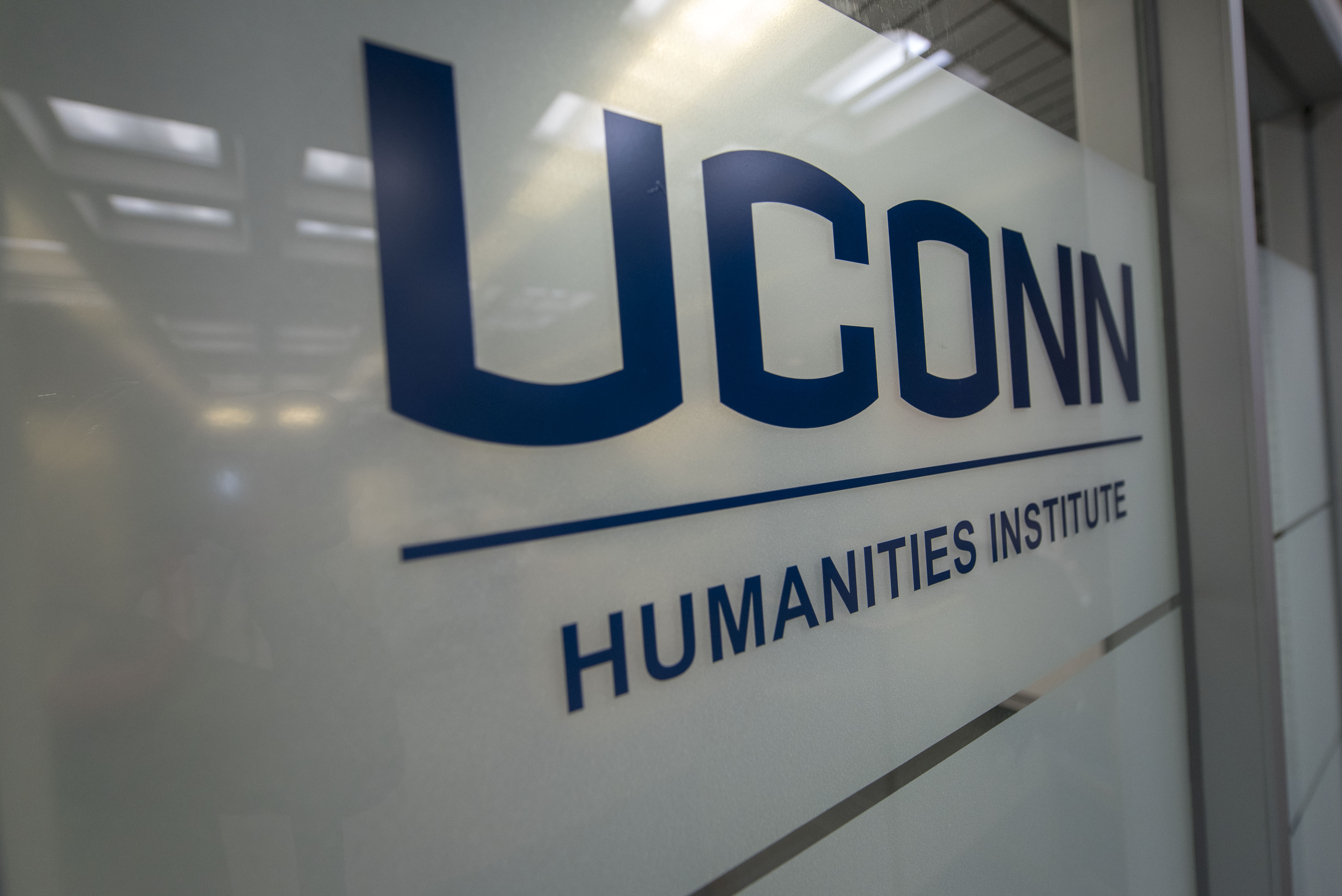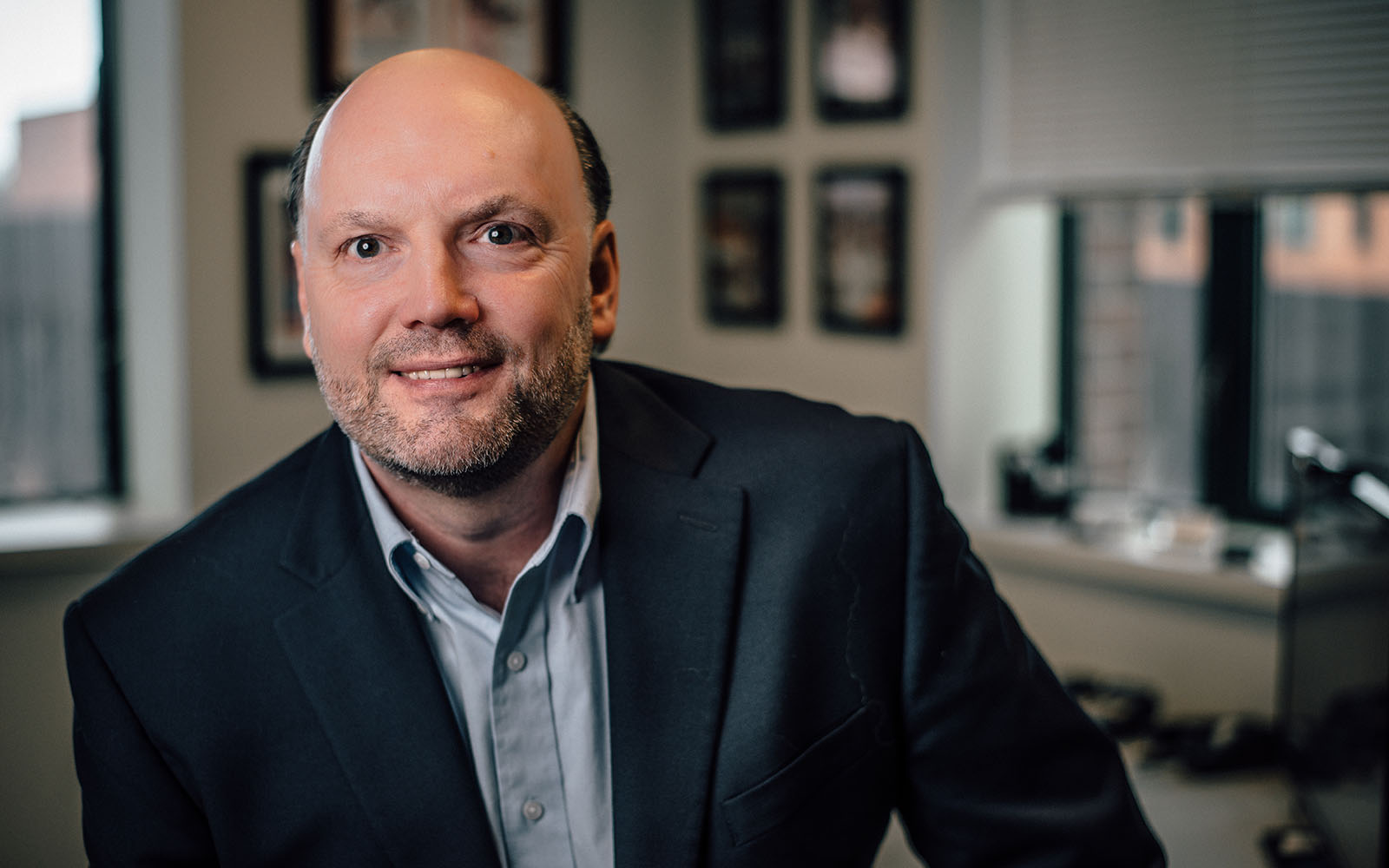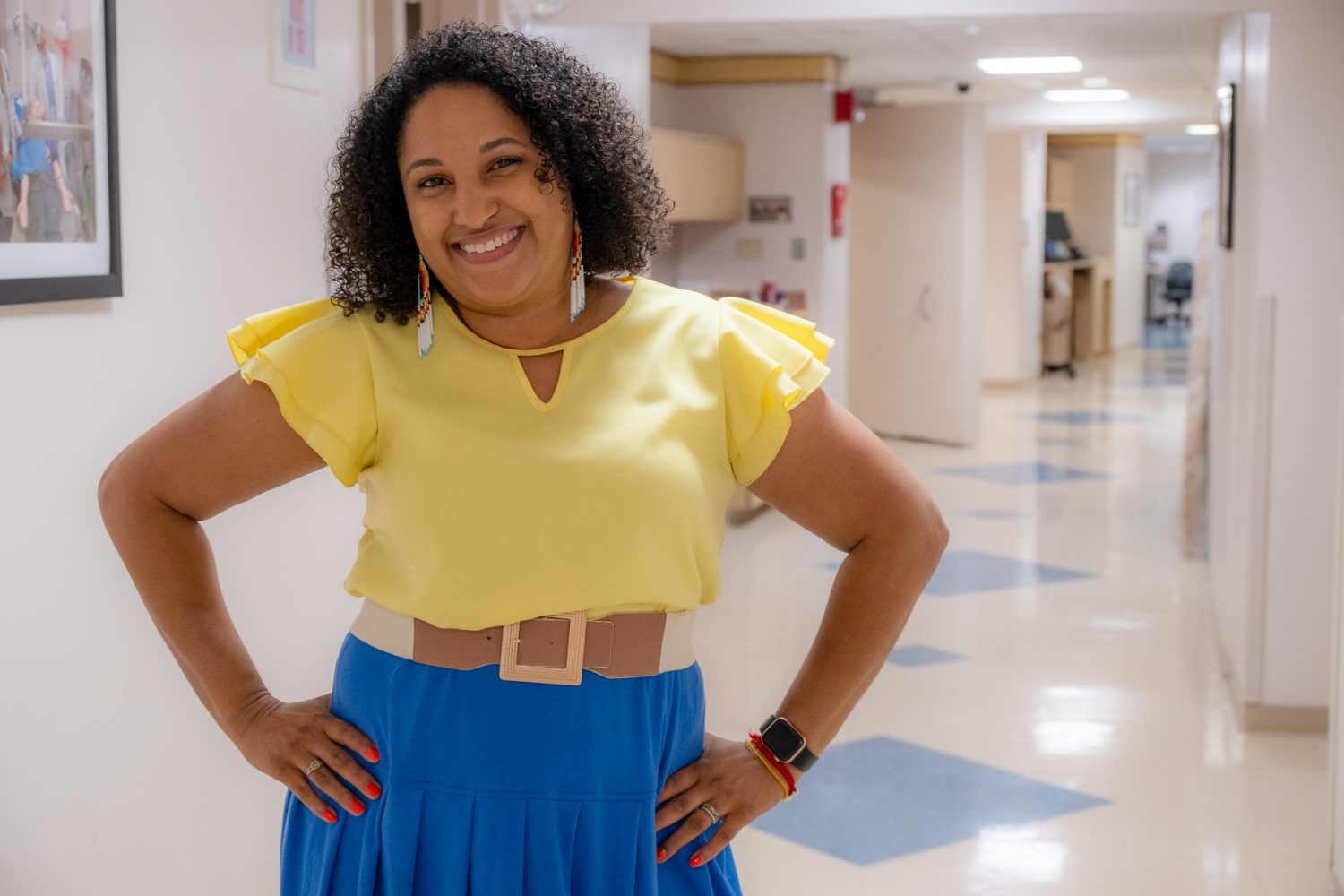The 2021-22 class of University of Connecticut Humanities Institute (UCHI) Fellows will pursue projects from the Renaissance to the present that cover a wide range of topics from racism in the academy to environmental justice.
This year’s class of Fellows is the twentieth cohort and includes two visiting residential fellows, four dissertation scholars, and nine UConn faculty fellows, including the Henry Luce Foundation Future of Truth Fellow and the Mellon UCHI Faculty of Color Working Group Fellow.
The Fellows represent varied disciplines including History, English, Philosophy, Political Science, Sociology, Communication, Anthropology, Women’s, Gender, & Sexuality Studies, Africana Studies, Asian & Asian American Studies, Human Development & Family Sciences, and Art & Art History. The 2021-22 Fellows and their projects are:
Faculty
• Meina Cai, assistant professor of political science and Asian and Asian American Studies; “The Art of Negotiations: Legal Discrimination, Contention Pyramid, and Land Rights Development in China” identifies negotiations as a strategy for land-dispossessed villagers to protect their property rights in a context where the legal framework discriminates against them.
• Haile Eshe Cole, assistant professor of anthropology and Africana Studies; “Belly: Topographies of Black Reproduction” explores the impacts of racism-induced stress on Black women’s health and addresses the ways in which geo-political processes such as segregation, institutions, policy, and community organizing have larger impacts on the reproductive health and well-being of Black women in the United States.
• Shardé M. Davis, assistant professor of communication and Africana Studies/Women’s Gender and Sexuality Studies and UCHI Faculty of Color Working Group Fellow; “Being #BlackintheIvory: Contending with Racism in the American University.” She will edit a volume of personal stories from Blackademics to reveal the through line of how anti-Blackness and racism eats its way through the ivory tower and offer prescriptions about how academic institutions, and its individual members, might make lasting change.
• Prakash Kashwan, associate professor of political science; “Rooted Radicalism: Transformative Change for Food, Energy, Water, and Environmental Justice in an Age of Climate Change” will be a book manuscript that develops a holistic view of justice in the critical sectors of food, energy, water, urbanization, and ecological protection.
• Laura Mauldin, associate professor of human development & family sciences and Women’s Gender & Sexuality Studies/sociology; “For All We Care” is a book project based on the stories of spousal/partner caregivers who everyday provide extraordinary care to their partners despite near total abandonment from the state. Mauldin uses interviews with dozens of spousal caregivers across the country, as well as her own experience, to reveal the realities of this untenable arrangement.
• Micki McElya, professor of history; “No More Miss America! How Protesting the 1968 Pageant Changed a Nation” is a character-driven work of history examining beauty, feminism, race, women’s rights, and politics in the twentieth-century U.S. through the events of the 1968 Miss America Pageant.
• Kathryn Blair Moore, assistant professor of art & art history; “The Other Space of the Arabesque: Italian Renaissance Art at the Limits of Representation” aims to deconstruct a still prevalent contrast between Islamic art, understood as inherently non-representational and abstract, and European art, understood as inherently naturalistic and representational.
• Fiona Vernal, associate professor of history and Africana Studies; “Hartford Bound: Mobility, Race, and Identity in the Post-World War II Era (1940-2020)” integrates oral histories, archival research, and GIS methodologies to reframe the history of how Hartford became an African American and a Caribbean city.
• Sarah S. Willen, associate professor of anthropology and Future of Truth Fellow; “‘Chronicling the Meantime’: Creating a Book about the Pandemic Journaling Project” will be a book about the innovative, “born-digital” interdisciplinary archive that as of February 2021 had resulted in 725 people in 31 countries contributing over 6,500 journal entries about their experiences during the COVID 19 pandemic.
Visiting Residential Fellows
• Sherie M. Randolph, associate professor of history and sociology, Georgia Institute of Technology; “‘Bad’ Black Mothers: A History of Transgression” is a book that examines Black mothers who fashioned lives driven by a commitment to artistic, political, and intellectual work—but mothering their children was not a priority. The life histories will include artists such as Camille Billops, Howard University professor Marion Thompson Wright, Black Power activist Nehanda Abiodun, and writer Alice Walker.
• Shiloh Whitney, associate professor of philosophy, Fordham University; “Emotional Labor: Affective Economies and Affective Injustice” is a book that aims to ameliorate the concept of emotional labor, clarifying what is salient about it for intersectional feminist purposes and developing an analytical and normative framework for understanding and evaluating it. “Emotional labor” is characterized as work done by domestic workers, university professors, girlfriends, call center agents, flight attendants, and feminist activists.
Dissertation Scholars
• Erik Freeman, doctoral candidate in history and Draper Dissertation Fellow; “The Mormon International:
Communitarian Politic and the Church of Jesus Christ of Latter-Day Saints, 1830-1890” explores the convergence of faith and politics during the nineteenth century through the lens of transnational Mormon communitarianism.
• Carol Gray, doctoral candidate in political science; “Law as Politics by Other Means: An Egyptian Case Study as a Template for Human Rights Reform” examines how law is both a sword and shield, and how Egypt’s human rights movement can be a template for reform in other authoritarian countries.
• Drew Johnson, doctoral candidate in philosophy; “A Hybrid Theory of Ethical Thought and Discourse” applies prominent recent philosophical theories of expression and representation to develop a novel “hybrid” theory recognizing the joint role of reason and emotion in ethical judgment.
• Anna Ziering, doctoral candidate in English; “Dirty Forms: Masochism and the Revision of Power in Multi-Ethnic U.S. Literature and Culture” explores masochism—erotic pleasure derived from consensual pain—as a site of and tool for anti-racist work.
For more information about UConn Humanities Institute Fellows, visit the website.
20th Class of Humanities Institute Fellows Pursue Wide Range of Scholarship
This year’s class of fellows includes two visiting residential fellows, four dissertation scholars, and nine UConn faculty fellows

The 20th cohort of UConn Humanities Institute fellows includes scholars probing a wide range of subjects and topics. (Sean Flynn/UConn Photo)


